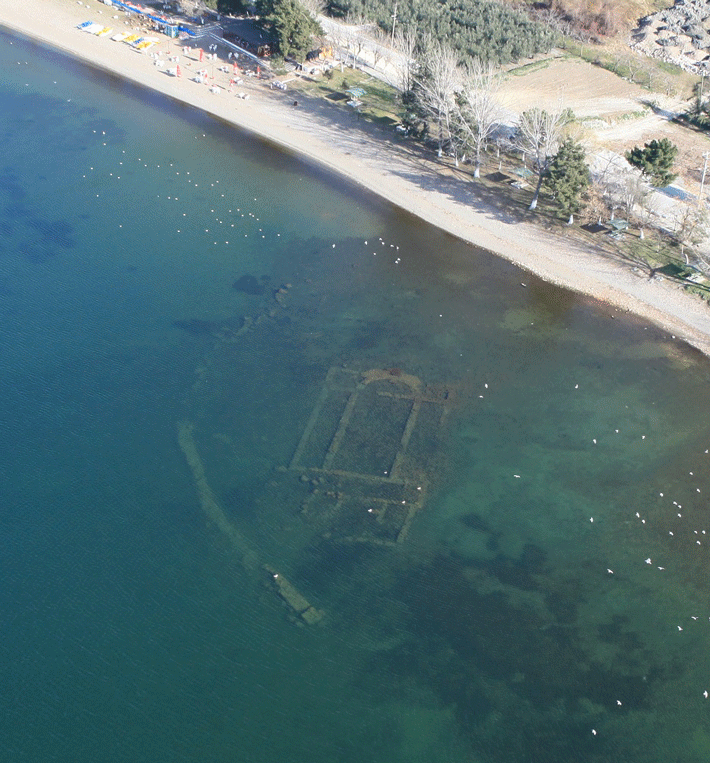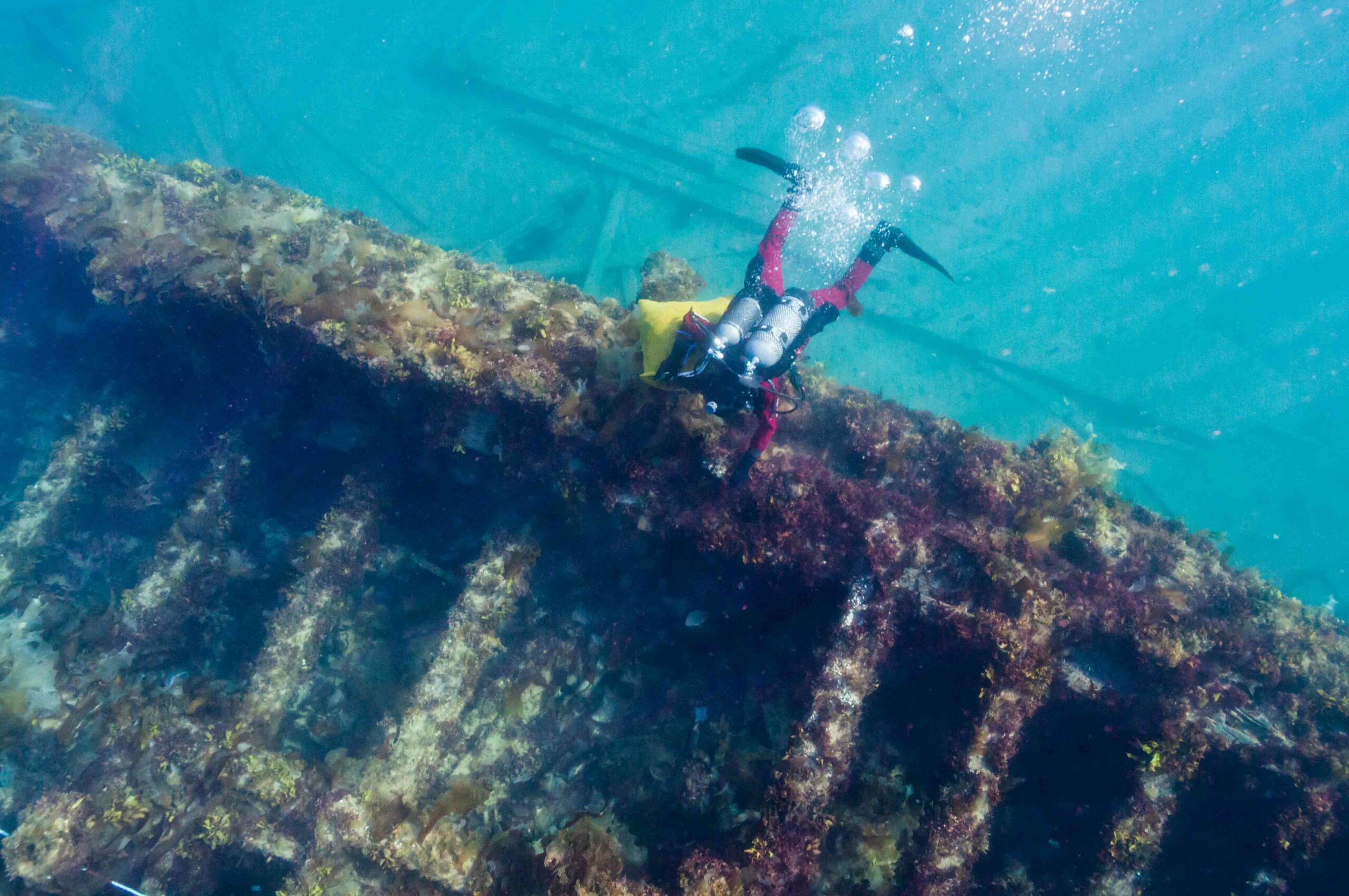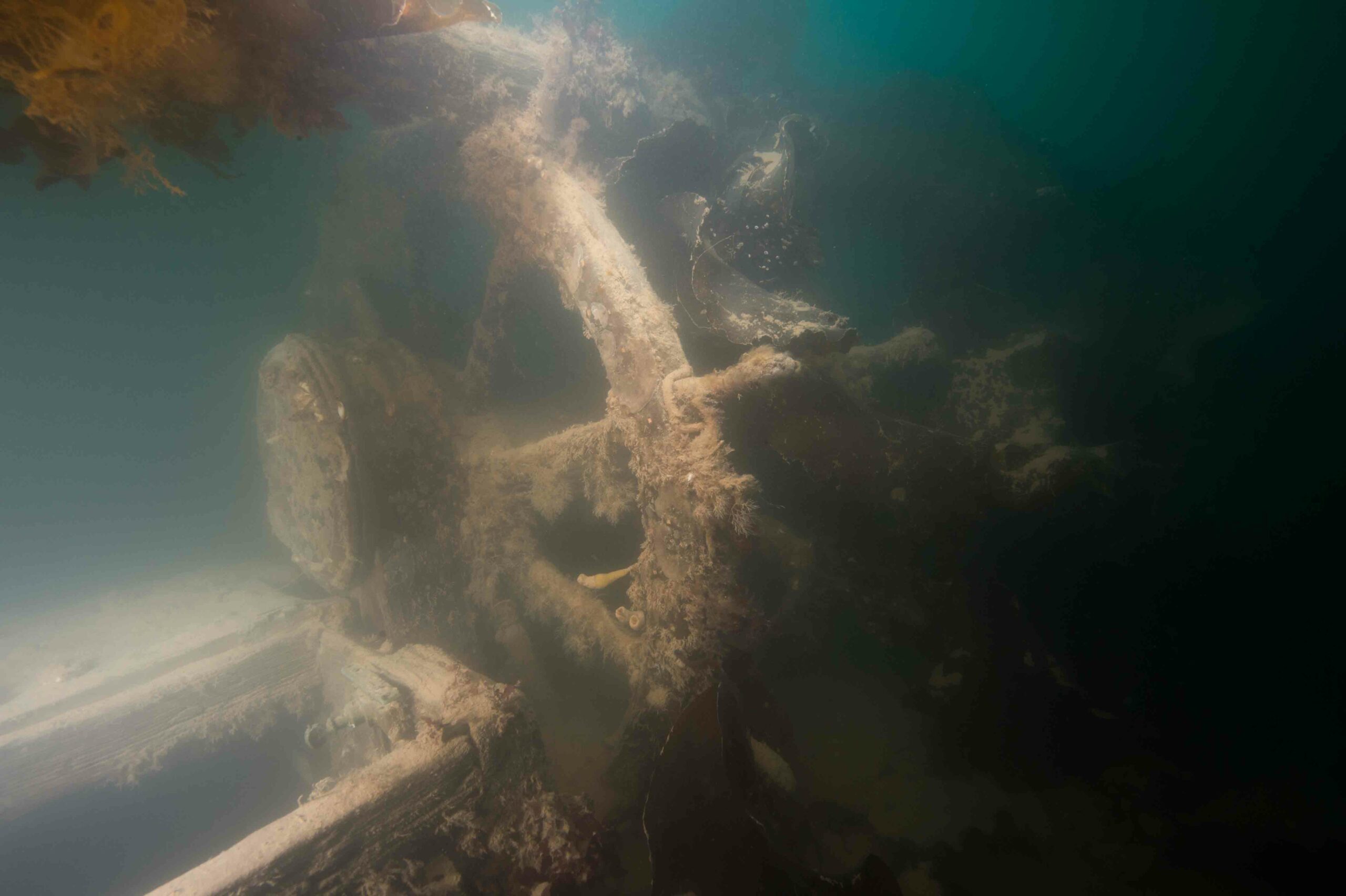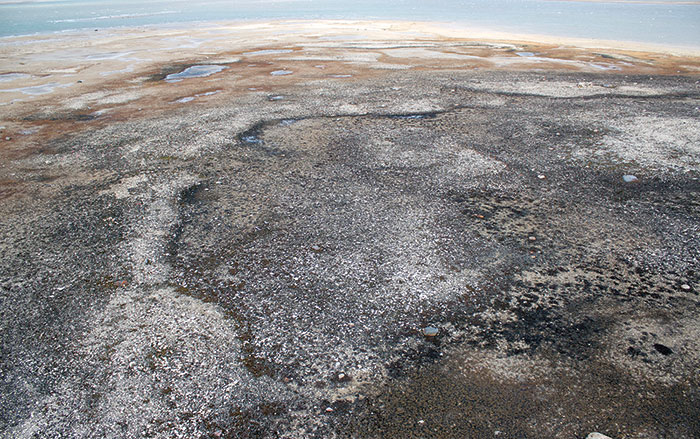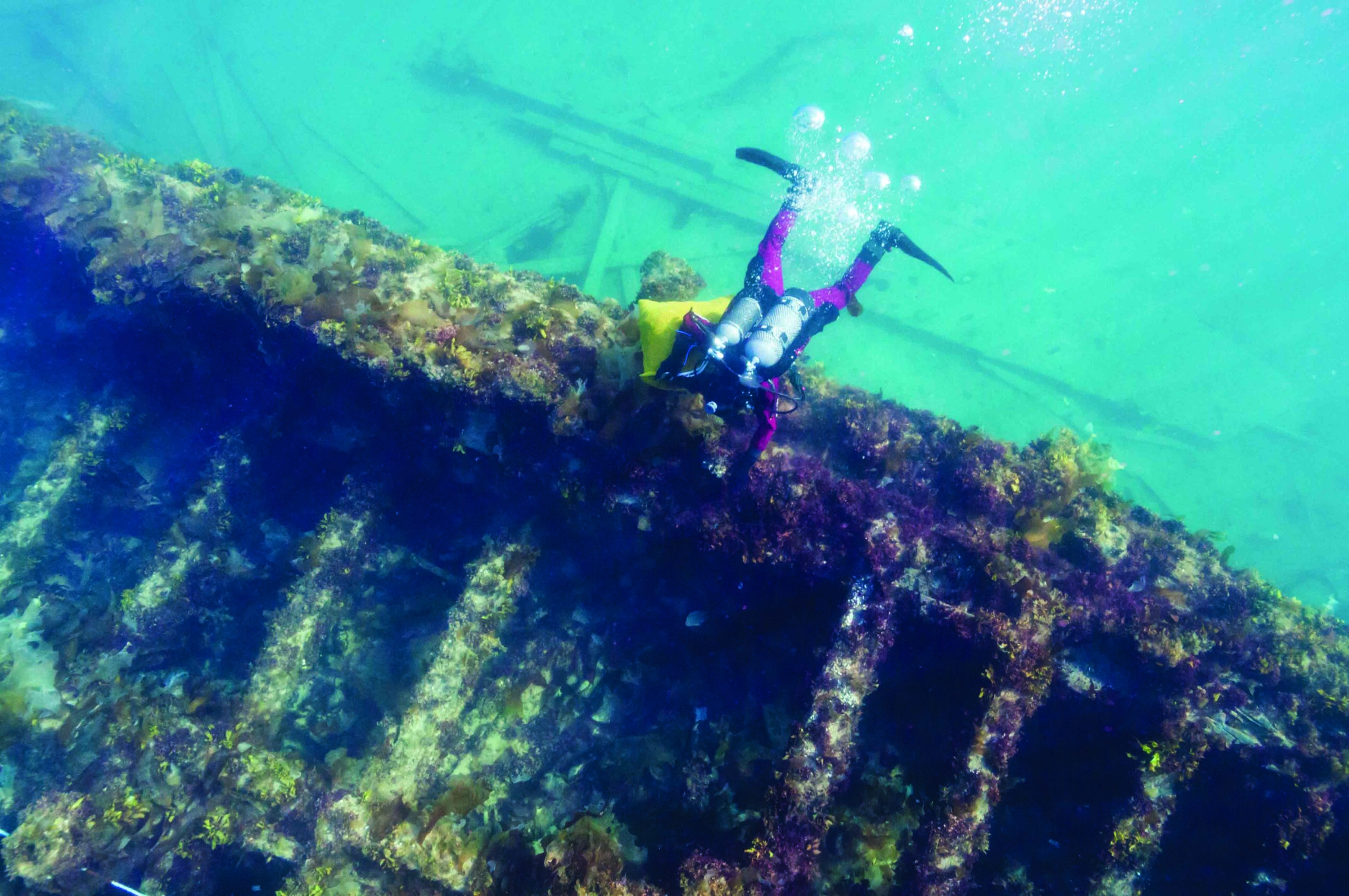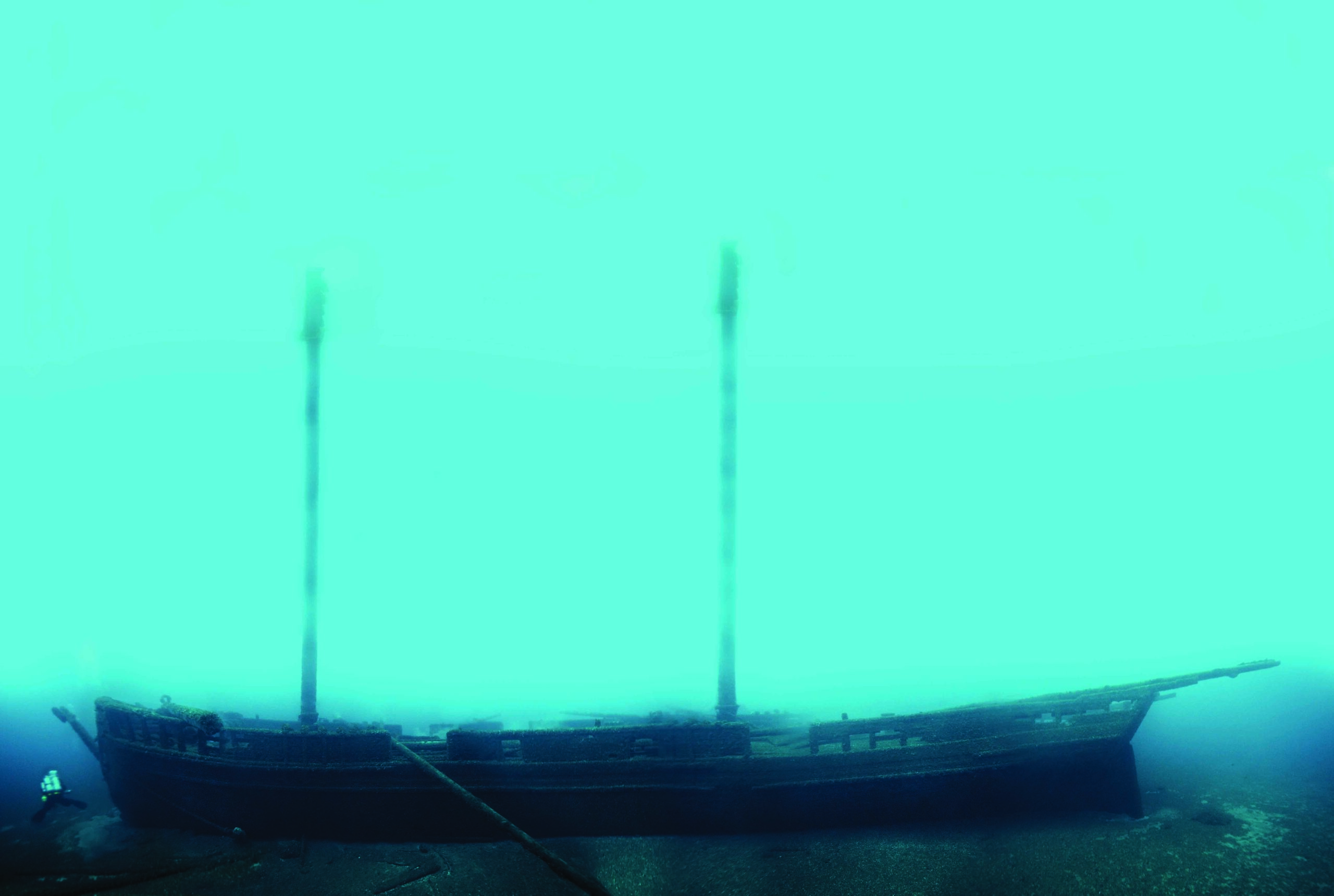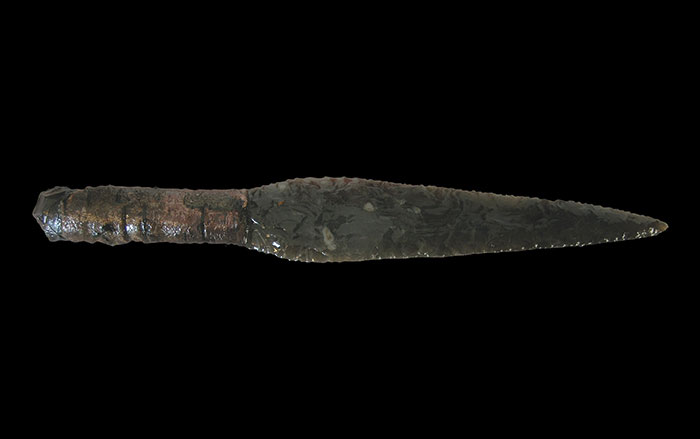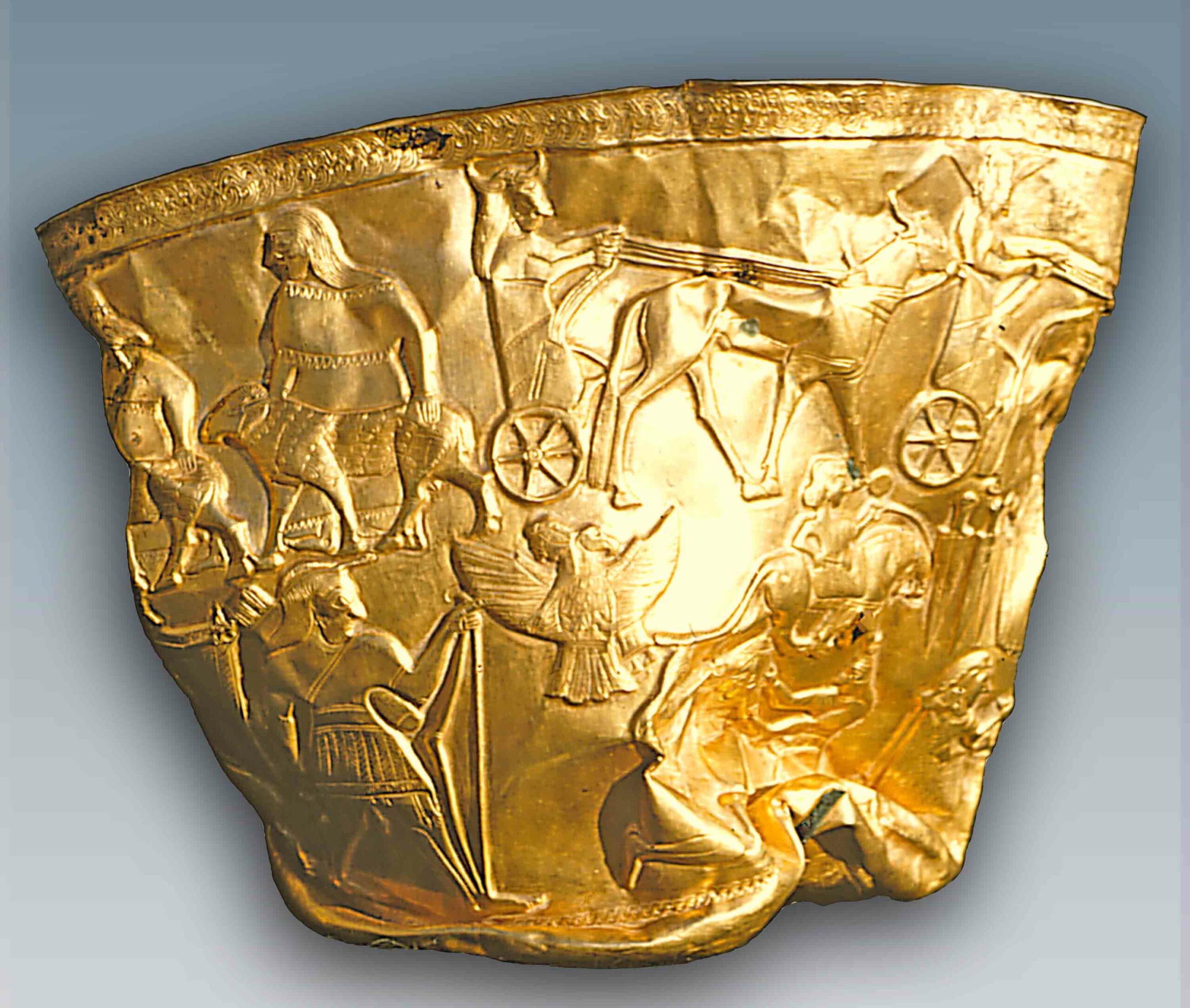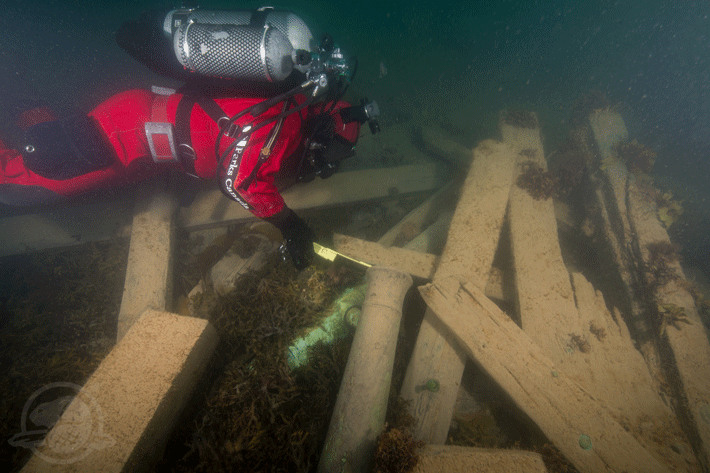
Rare is the archaeological discovery that gets announced by a head of government. But the discovery of a shipwreck in frigid Arctic waters got just that treatment in September from Canadian Prime Minister Stephen Harper. “I am delighted to announce that this year’s Victoria Strait Expedition has solved one of Canada’s greatest mysteries,” Harper’s statement reads, “with the discovery of one of the two ships belonging to the Franklin Expedition lost in 1846.”
Sir John Franklin commanded the two ships—HMS Erebus and Terror—that sailed from England in May 1845 to search for the Northwest Passage. The ships’ disappearance with no trace led to three decades of searches by land and sea, which themselves claimed several ships, including HMS Investigator, discovered in 2010 (“Saga of the Northwest Passage,” March/April 2012). More recently, another three decades were spent excavating sites on nearby islands and searching for the wrecks with sonar, capped by this year’s Parks Canada–led expedition.
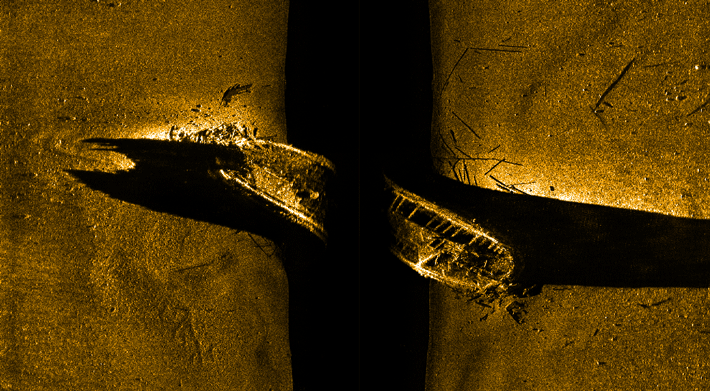
Three weeks after the announcement, archaeologists confirmed that the ship is Erebus, the one that had been captained by Franklin himself, and reported that it is in remarkable shape. The discovery is more than just the solution to a mystery, though: Harper connects the wreck to Canada’s claim of sovereignty over vast portions of the Arctic—and the massive oil, gas, and mineral reserves they appear to hold.



